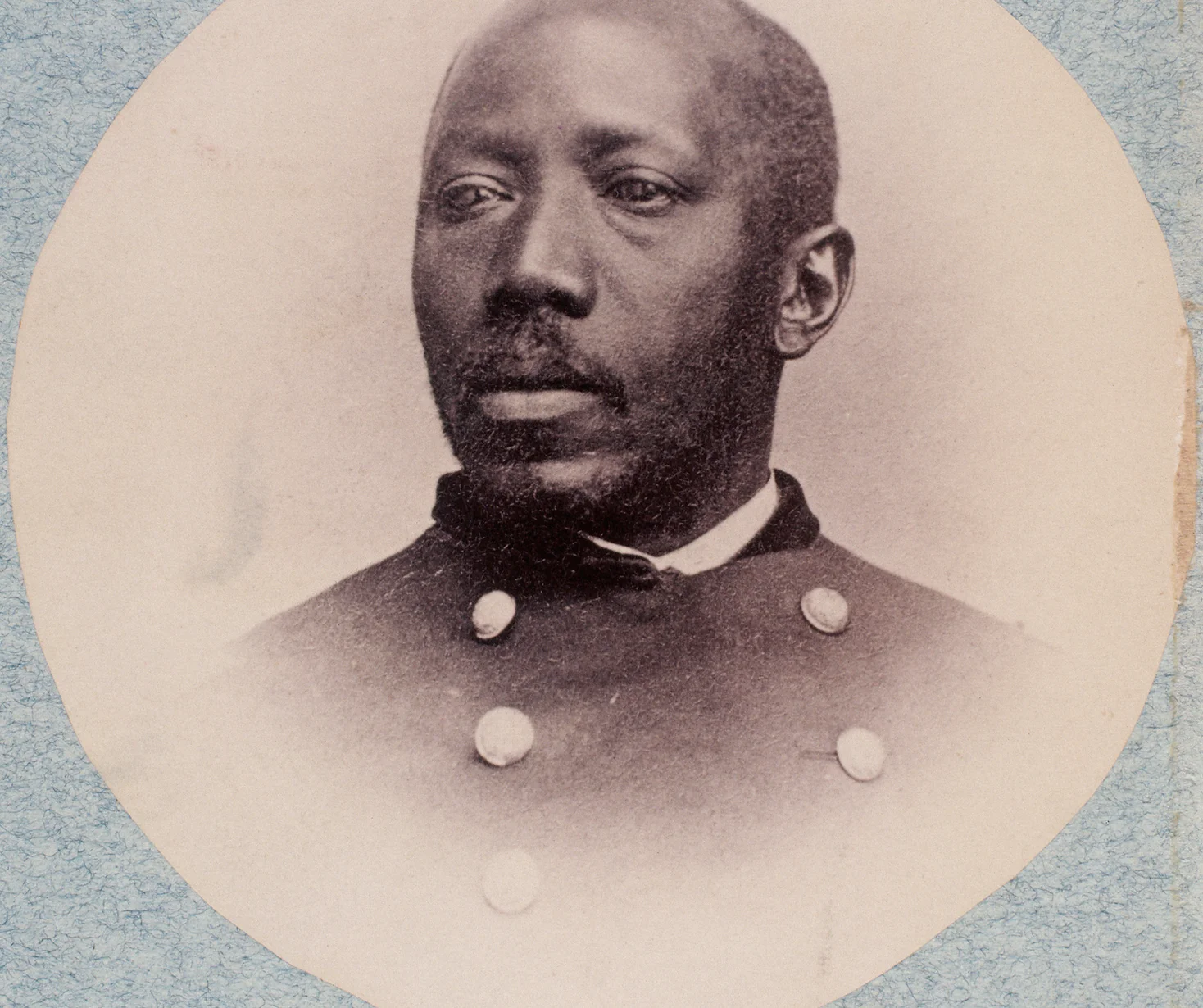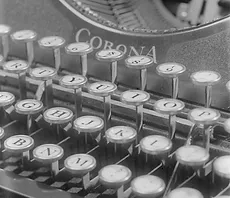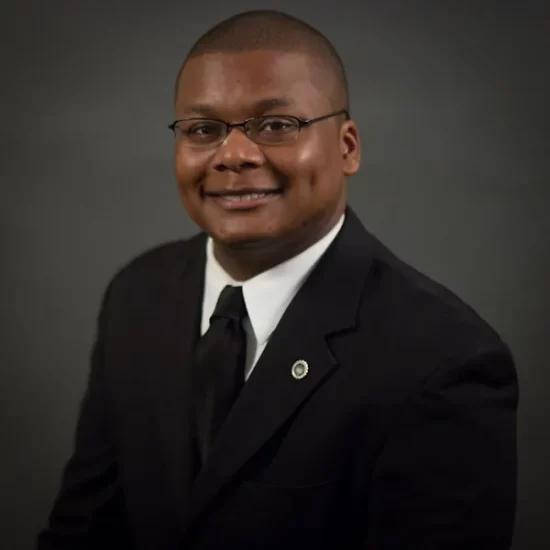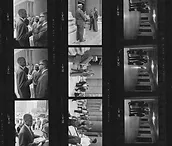Photo by Historical/Corbis Historical/Getty Images
Martin Robison Delany was born on May 6, 1812, in Charles Town, Virginia (now West Virginia). Unlike many African Americans of his time, Delany was not only born free from slavery, but was also raised in a family where his African heritage was celebrated and remembered, and it became a central part of his childhood.
As a child Martin learned about Africa from stories told by his maternal grandmother, Graci. Grandmother Graci and her husband, Shango Peace, had been captured in modern day Nigeria and brought to America but were later freed. By their daughter Pati and her husband, Samuel Delany, Martin Delany was brought into the world.
Being the child of a free mother and an enslaved father, Martin knew all too well that his freedom was fragile. While he was still a boy, his mother was forced to relocate the family from Virginia to Chambersburg, Pennsylvania because it had become known that the Delany children were learning to read. Fortunately, her husband Samuel was able to purchase his freedom and joined the family one year later.
Martin grew into an inquisitive man and was also very active in his community and in the effort to abolish slavery.
In 1843, he established his own newspaper known as The Mystery and used it to promote his ideas about Black Nationalism. As a pioneering figure in this movement, Delany argued that one solution to racial contentions in America would be for African Americans to migrate back to Africa or some other land set aside for this displaced people. Later, he would partner with Frederick Douglass to develop another newspaper, The North Star.
He studied medicine, and in the year 1850, he was accepted to Harvard Medical School, making him one of the first three African Americans to be granted admission. One month later, however, he and the others were forced out after several of the white professors and students petitioned the university for their exclusion.
Delany was active in Prince Hall Freemasonry and published the first full length work on the topic in 1853. As the District Deputy Grand Master for Ohio and a founder of one the state’s earliest African American lodges, Delany was able to connect with an interstate network of African American activists.
Delany became an advocate for the emigration of his people back to Africa and, in 1854, led a National Emigration Convention in Cleveland. In May 1859, he traveled to Liberia and modern-day Nigeria in search of lands that could be occupied by African American migrants. He successfully established a treaty with African chieftains in the city of Abeokuta.
Delany’s return to the United States coincided with outbreak of the American Civil War. Eager that Black men should fight in the Union Army, he worked to recruit able-bodied volunteers and met with President Abraham Lincoln to persuade him to allow African American men to enlist. In 1865, Delany was appointed as a Major in the Union Army, the first field officer of African descent in American history.
During this time, Delany’s proud and militant stance had some of its greatest impact. As this image of him here captures—likely a salted paper print from the early history of photography—Delany’s piercing gaze was one that spoke to the soul of the conflict for men and women of African descent.
While he is dressed in the Union blue uniform of the period, his skin and his eyes portray a man whose spirit was forever linked to the struggle of African people. The spirit, words, writings, and actions of Martin Delany were unapologetically African. As his friend and colleague, Frederick Douglass, would famously say of him: “I thank God for making me a man, but Delany thanks Him for making him a Black man.”

Learn more:
Frank Rollin, Life and Public Services of Martin R. Delany (CreateSpace Independent Publishing, 2017)
Richard Blackett, “Martin R. Delany and Robert Campbell: Black Americans in Search of an African Colony,” The Journal of Negro History, Vol. 62, No. 1, (Jan., 1977), pp. 1-25
Robert Levine, Martin R. Delany: A Documentary Reader (The University of North Carolina Press, 2003)
Martin R. Delany, The Origin and Objects of Ancient Freemasonry: Its Introduction into the United States and Legitimacy Among Colored Men (African Tree Press, 2015)
Tunde Adeleke, Martin R. Delany’s Civil War and Reconstruction: A Primary Source Reader (University Press of Mississippi, 2020)





